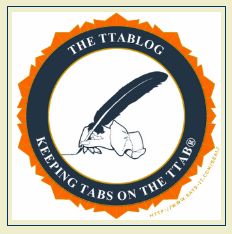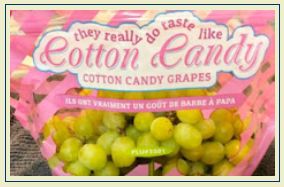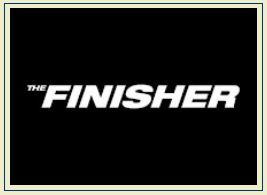The TTAB recently ruled on the appeals from the three Section 2(e)(1) mere descriptiveness refusals summarized below. Let's see how you do with them. Results will be found in the first comment.

In re International Fruit Genetics, LLC, Serial No. 88710987 (January 5, 2023) [not precedential] (Opinion by Judge Marc A. Bergsman). [Mere descriptiveness refusal of COTTON CANDY for various food products, including yoghurt in Class 29, chewy sweets in Class 30, fruit beverages in Class 32, and non-alcoholic flavorings for make alcoholic beverages in class 33. The applicant argued that "consumers will perceive the mark as being suggestive because its COTTON CANDY products are not the 'common flavor' of the spun, sugar candy floss concoction of carnivals and state fairs."]

In re Koch-Chemie GmbH, Serial No. 79286410 (January 10, 2023) [not precedential] (Opinion by Judge Robert H. Coggins). [Mere descriptiveness refusal of THE FINISHER (in the form shown below) for various surface finishing products in classes 1, 2, 3, and 21, including wetting agents, varnish, polishing wax, and auto polish. Applicant maintained that "because its proposed mark identifies a product that 'performs an action ... employing a finish,' an extra step of imagination, thought, or perception is required to reach a conclusion as to the nature of the goods, and therefore the mark does not 'immediately" tell something about the goods.'"]

In re Biomineral Systems, Serial No. 88239954 (January 12, 2023) [not precedential] (Opinion by Judge Martha B. Allard). [Mere descriptiveness refusal of BIOMINERAL for various products, including plant growth stimulants, soil conditioners, and pesticides, all for use in activating or deactivating soil biominerals. Applicant argued that its products do not contain biominerals.]

The content of this article is intended to provide a general guide to the subject matter. Specialist advice should be sought about your specific circumstances.

